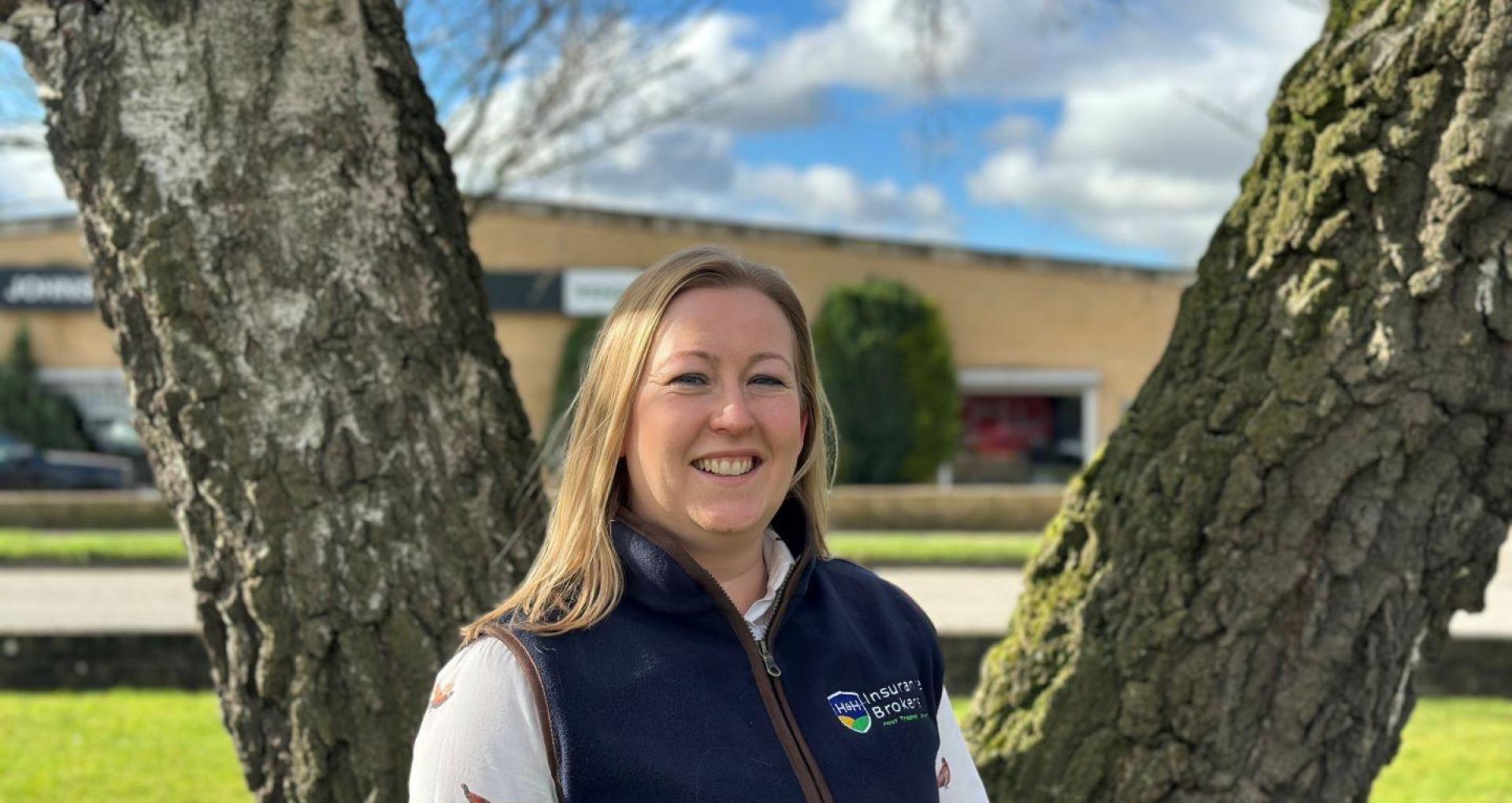With the better weather attracting more walkers into the countryside, raising awareness about the devastating impact of dog attacks on livestock has never been more important, says Lisa Newman, from H&H Insurance Brokers
"I’m pretty sure there isn’t a better sight than the sheer joy of lambs leaping and gamboling in fields.
For me, it’s one of the best times of the farming year and a sign that we can finally say goodbye to the long, dark winter nights and look forward to the better weather.
However, it doesn’t mean that it’s an easy time of year for farmers. Behind the picture perfect scene are long hours, hard work and the endless fight to give newborn lambs the best chance of survival. A cold, wet spring can wreak havoc at lambing time, as can the threat of disease in the flock or the dangers of livestock worrying.
Attacks on livestock - when dogs chase, attack or cause distress to sheep, cows or other animals - are devastating for farmers, both in terms of the stress and upset caused by seeing the suffering inflicted on their animals, and also the financial implications to their livelihood.
With lambing time coinciding with more people heading out into the countryside to make the most of the spring weather, it’s vital that they understand the dangers that dogs can pose to livestock, and the importance of keeping pets under control and on a lead whenever they are around livestock.
A survey of rural crime teams by the National Sheep Association (NSA) published last year found that 78% of police forces reported an increase in dog attacks on sheep in recent years, with 76% responding to sheep worrying incidents at least once a month. The survey, which covered 64% of the UK’s rural crime teams, reported that dogs off a lead and not under control was the main cause of attacks, and that proactive use of signage was considered the most successful tool to help prevent sheep worrying by dogs.
Updated legislation to tackle livestock worrying is currently making its way through Parliament. The Dogs (Protection of Livestock) (Amendment) Bill aims to modernise the existing legislation, which dates back to 1953, to reflect the modern realities of farming and dog ownership, and give police more powers to deal with livestock worrying.
While tougher new measures are a welcome step in the right direction, it remains the responsibility of dog owners to ensure they remain alert and in control of their pets when around livestock. Even a well-trained dog can follow its instincts and chase livestock.
If the worst happens and your stock is the victim of livestock worrying, then the National Sheep Association advises taking the following steps:
Stay legal: The law around shooting a dog worrying your flock is complex and it should always be a last resort
Collect evidence: Take photographs and videos to help with evidence for the police and identification of the dog and owner
Document: Document the aftermath of the attack. Record any veterinary intervention and treatment costs
Report: Report every dog worrying incident to the police and request a crime reference number.
Reporting all livestock worrying incidents to the police will help give a true reflection of the scale of problem, which in turn can support public awareness campaigns and other preventative measures such as changes to policy and more powers through legislation. In short, the higher the official number of livestock worrying incidents, the more seriously the issue will be taken.
Ultimately, education is key when it comes to preventing attacks on livestock. It’s crucial that dog owners understand that, as a prey animal, even the mere presence of an unknown dog can be stressful for a sheep, and that a dog chasing and/or physically attacking sheep can cause significant stress and subsequent devastating problems that can include miscarriage of lambs, physical injury and sadly, in some cases, death of the animals affected.
The countryside is there to be explored and enjoyed but it must be done so in a safe and respectful manner, with a heightened awareness of the potential dangers. Whether it’s through legislation or practical steps, the ultimate aim has to be reducing the number of dog attacks on livestock."
Visit the National Sheep Association’s website at www.nationalsheep.org.uk for more information about the organisation’s campaign to tackle the issue of livestock worrying.
